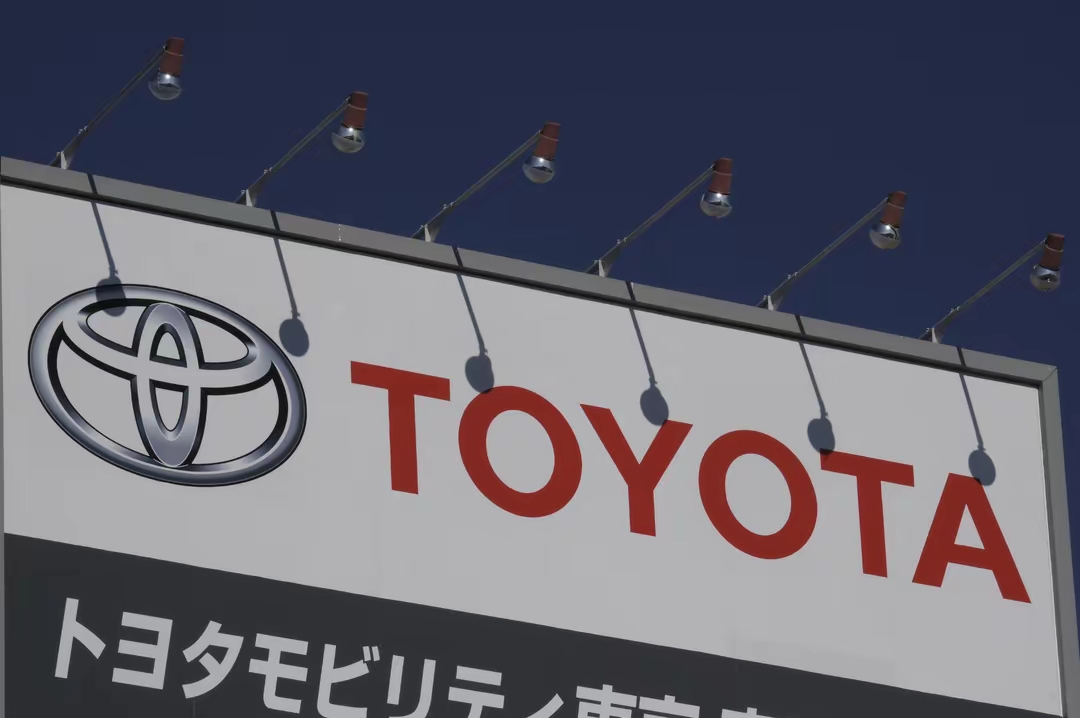
In the long history of the automotive industry, Toyota was once an admired monument, standing among the world's automotive companies with its excellent quality management, efficient production methods, and stable market performance. However, Toyota has recently encountered an unprecedented Waterloo in its domestic market. This year, no new models have been launched in Japan and sales have declined by 14.6%. Behind this phenomenon, there are many deep reasons, background factors, and widespread impacts that are worth exploring in depth.
From a background perspective, the automotive industry is undergoing a major transformation not seen in a century. With the rapid development of technology, emerging fields such as new energy vehicles, autonomous driving technology, and intelligent connectivity have sprung up like mushrooms after rain, profoundly changing consumers' demand preferences and market competition patterns. In response to environmental pollution and energy crisis, countries around the world have introduced strict emission standards and policies to promote new energy vehicles.
The underlying reasons for Toyota's failure to launch new models and declining sales are multifaceted. Firstly, at the strategic level, Toyota has been relatively slow to respond to emerging technologies. In the field of new energy vehicles, although Toyota has achieved certain results in hybrid technology many years ago, such as the successful launch of the Prius, it is clearly lagging behind some competitors in the research and promotion of pure electric vehicles.
Secondly, the impact of the certification scandal on Toyota cannot be underestimated. This incident seriously damaged Toyota's brand image and consumer trust. As a highly dependent transportation vehicle on safety and reliability, consumers' trust in the brand is crucial. The occurrence of the certification scandal has raised doubts among consumers about the quality and compliance of Toyota products, leading some potential consumers to turn to other brands.
Furthermore, Toyota's production system and supply chain management have also exposed some problems in the new market environment. The lean production method that Toyota has always been proud of is somewhat inflexible in the face of rapidly changing market demands and emerging technological changes. For example, in terms of battery supply, with the rapid expansion of the pure electric vehicle market, the demand for high-performance batteries has increased sharply.
The impact of Toyota's declining sales in the Japanese market is widespread and far-reaching. From the perspective of the company itself, this has directly led to Toyota's shrinking market share and declining profitability in the local market. The decline in sales means a decrease in sales revenue, and in order to cope with the crisis, Toyota also needs to increase investment in brand repair, technology research and development, and market promotion, further increasing the financial burden on the company. This may affect Toyota's strategic layout and investment plans globally, such as slowing down its expansion in emerging markets and limiting funding for new technology research and development.
From an industry perspective, Toyota's experience has sounded the alarm for other traditional car manufacturers. It indicates that even automotive giants like Toyota, which have a deep foundation and strong capabilities, may rapidly decline in fierce market competition if they cannot adapt to market changes in a timely manner and actively respond to emerging technological challenges. This will encourage other traditional car companies to more firmly promote their transformation and upgrading strategies, increase investment in new energy vehicles, autonomous driving, and intelligent connectivity, and accelerate the pace of industry change.
From a consumer perspective, the decline in Toyota's sales reflects changes in consumer demand and higher demands for car quality and technology. Consumers are no longer satisfied with the basic functions of traditional fuel vehicles, but are increasingly pursuing environmentally friendly, intelligent, and personalized travel experiences. This will guide the entire automotive industry to pay more attention to the research and satisfaction of consumer needs, and promote the development of automotive products towards higher quality and more diversified directions.
Toyota's Waterloo in the Japanese market is the result of multiple factors working together, reflecting the complexity and cruelty of the automotive industry during periods of technological change and market transformation. This incident not only has a significant impact on Toyota's own future development, but also provides valuable lessons for the entire automotive industry. At the same time, it also indicates that consumers will have more say and choice in the future automotive market, and the automotive industry will accelerate towards more technological, green, and intelligent directions.

Below is the English translation of the text, with precise handling of political terms, consistent sentence structures, and preservation of the original’s analytical tone and logical flow:
Below is the English translation of the text, with precise …
On December 15 local time, Trump took the British Broadcast…
In recent years, the application of artificial intelligence…
According to Yahoo US media reports, the recent remarks of …
After 11 years of waiting in the deep sea, we finally have …
On December 17, 2025, the newly renovated American "Preside…